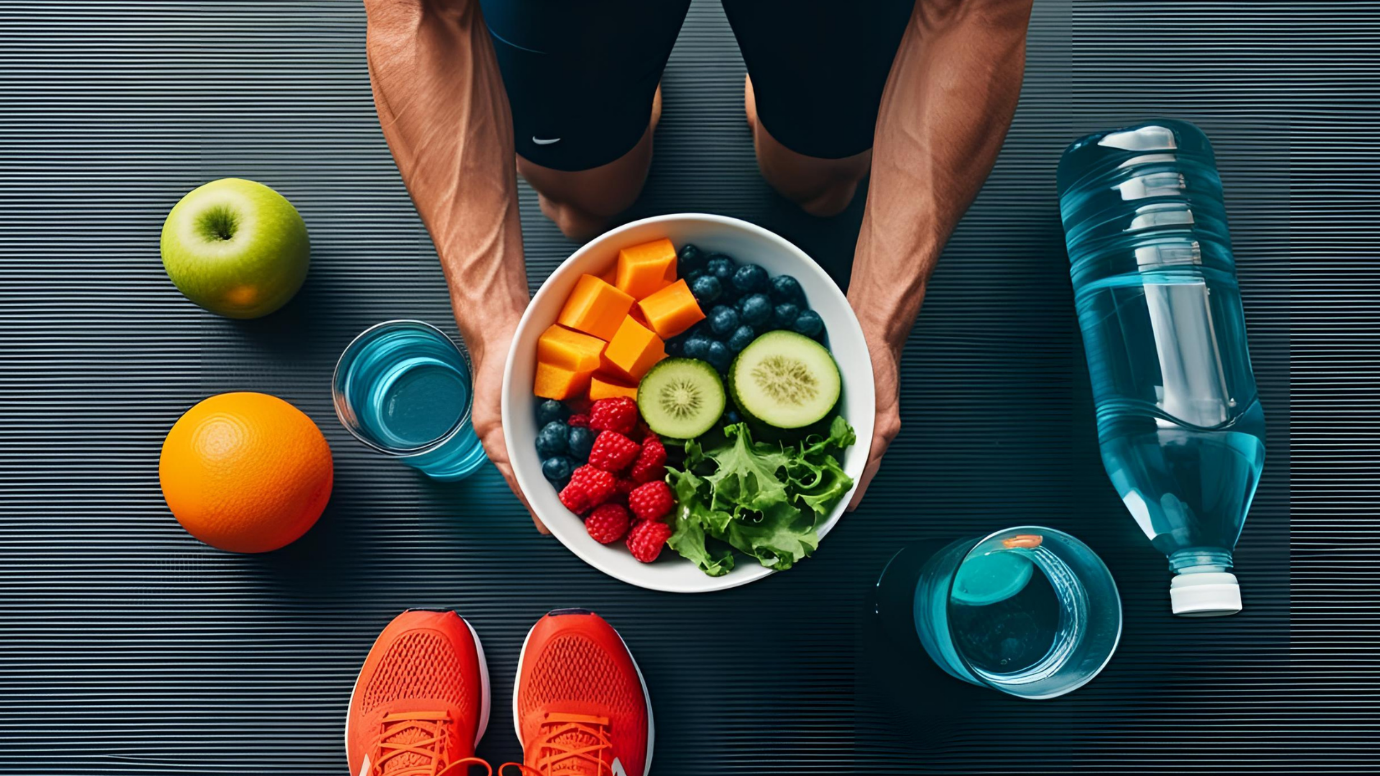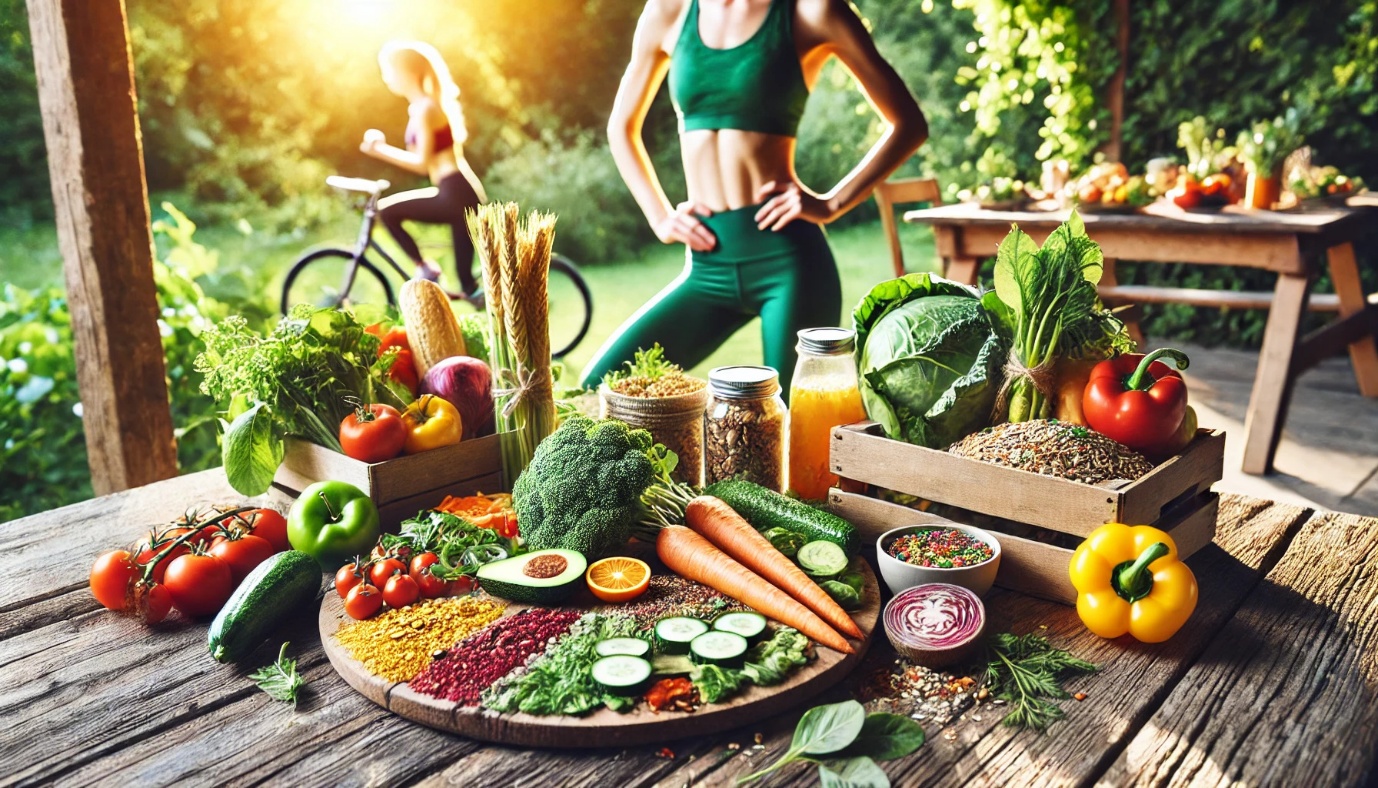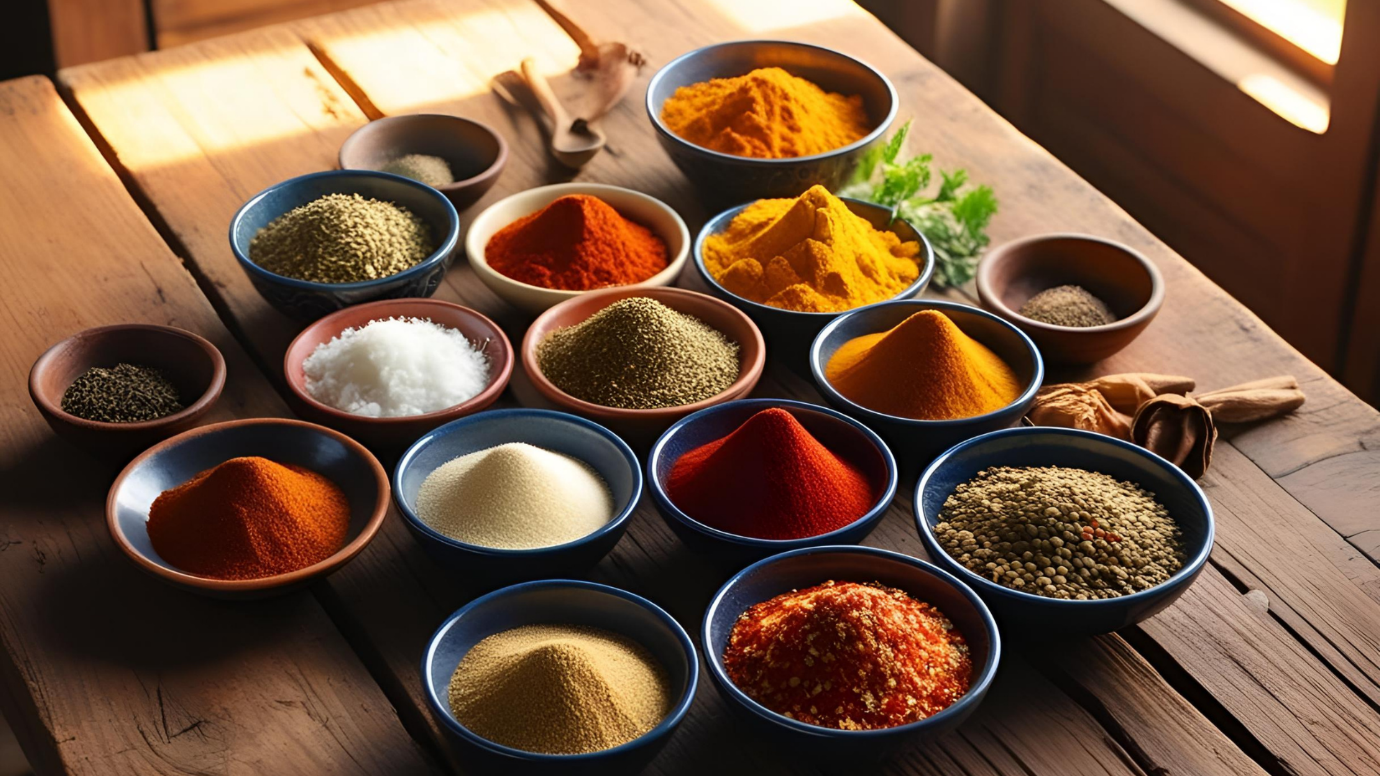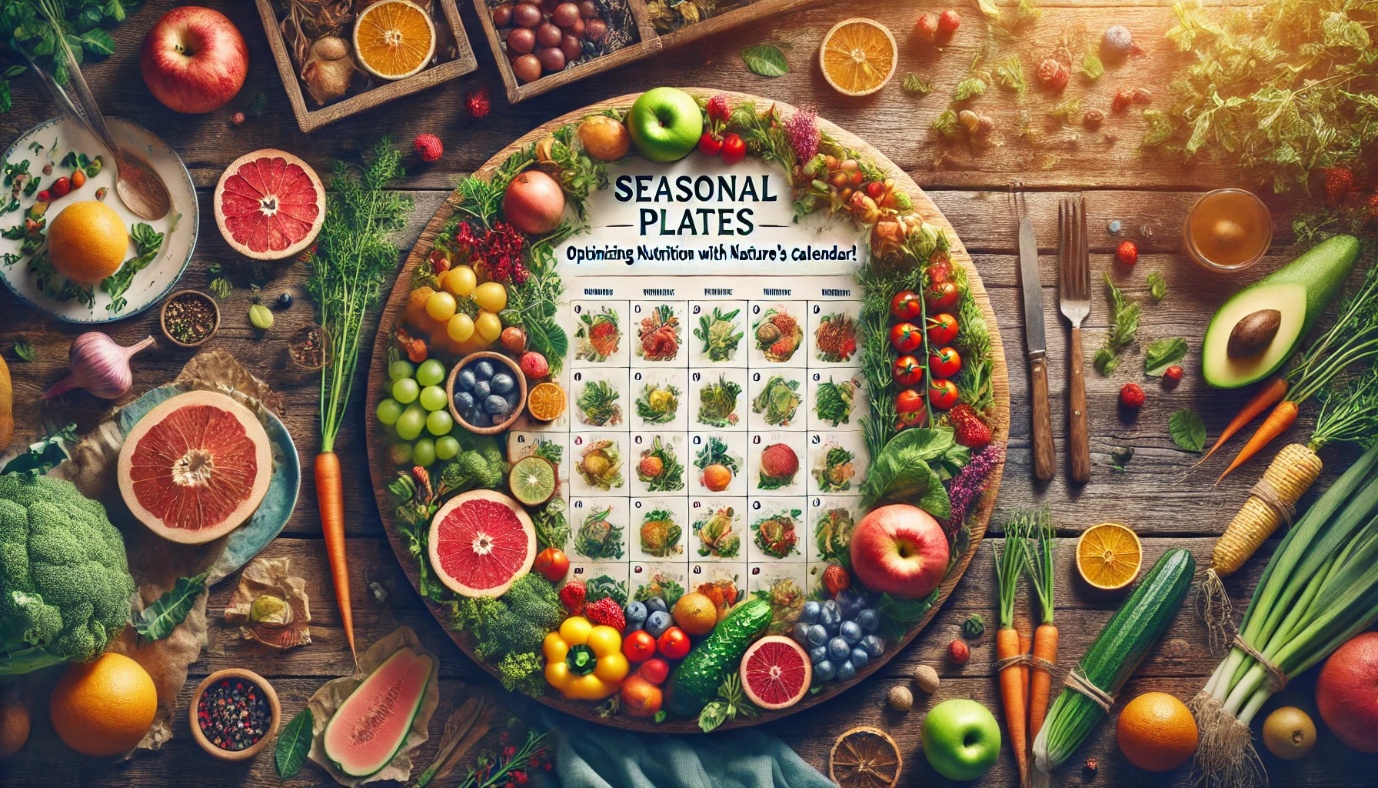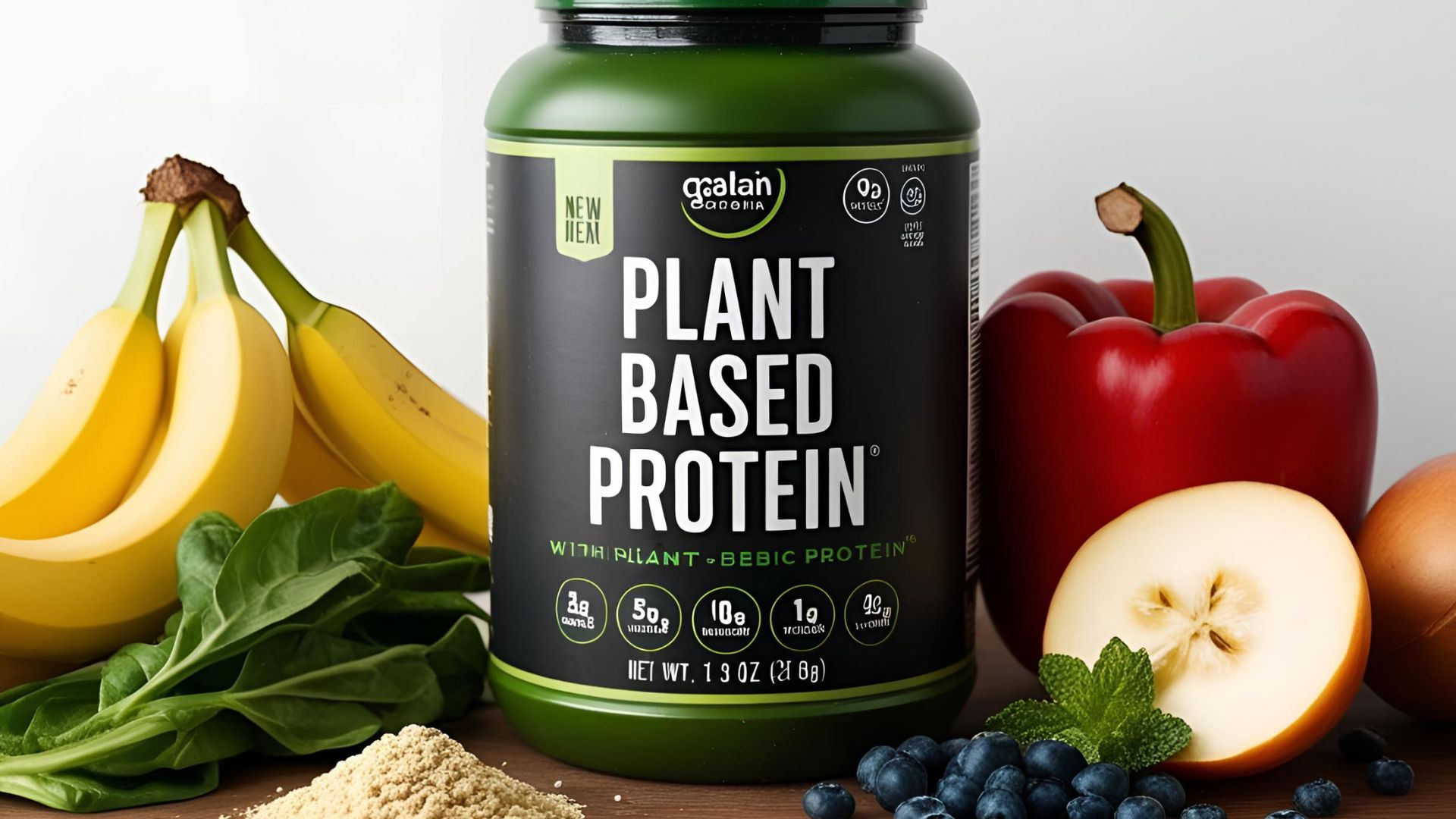Hydration is more than quenching thirst. It’s vital for good nutrition and exercise performance. If you’re into fitness, understanding fluids better could improve both your workouts and overall health!
Discover why keeping hydrated matters so much— including which beverages are best for different types of physical activity. We will also provide tips for ensuring you remain topped up all day long.
The Importance of Proper Hydration
Water is very important as it makes up a lot in your body. It is also important for facilitating some other processes within the body. The muscles are able to function properly, the joints are kept lubricated while the body temperature remains normal through effective sweating when one drinks enough water.
Lack of enough water in the body may cause reduced levels of endurance energy while at the same time increasing one’s sense or tiredness. It may also make someone lose their ability to think straight or coordinate well. Severe dehydration may result to heat stroke and damage of kidneys among other fatal conditions!
Electrolytes like sodium, potassium and magnesium should be kept balanced during hydration by replacing lost fluids. These minerals are not only responsible for controlling of nerve signals and muscle contractions but have numerous functions in the body!
Remember this when you exercise: Sweating depletes electrolytes. You can prevent cramps and continue performing well by ensuring that you take in these minerals that you lack through sweat output.
Optimal Beverages for Different Fitness Activities
Choose the perfect drink for your workout by matching it with the type and duration of exercise you’re doing– here are some hydration tips for different types of fitness fanatics:
1. Low-Intensity Workouts (e.g., Yoga, Light Walking)
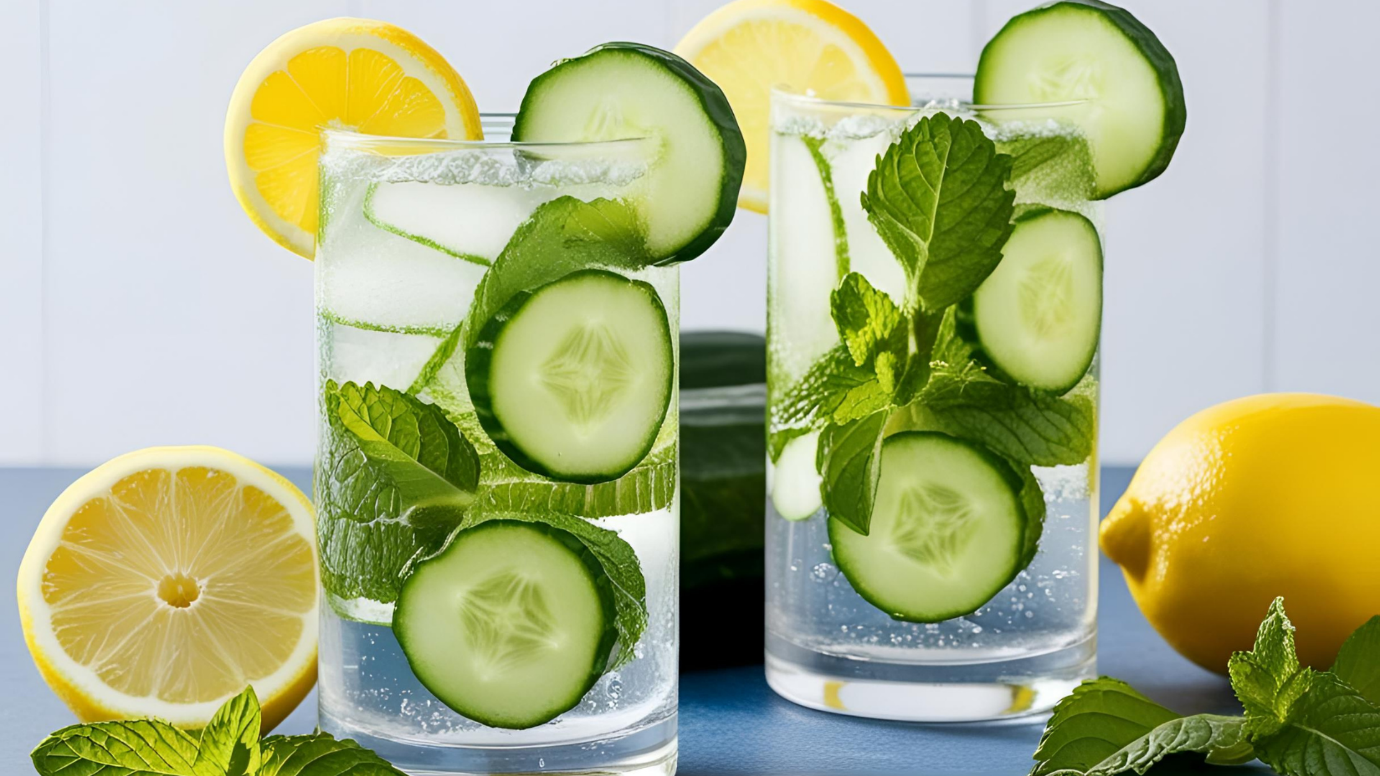
For activities under 1 hour with low intensity, water is usually fine. It replaces fluids lost by sweating without the extra calories.
Best Choices:
- Water: Plain and easily accessible.
- Infused Water: Add lemon, cucumber, or mint to fruits or herbs for a refreshing change-up that will really make your taste buds sing!
2. Moderate-Intensity Workouts (e.g., Steady-State Cardio, Weight Training)
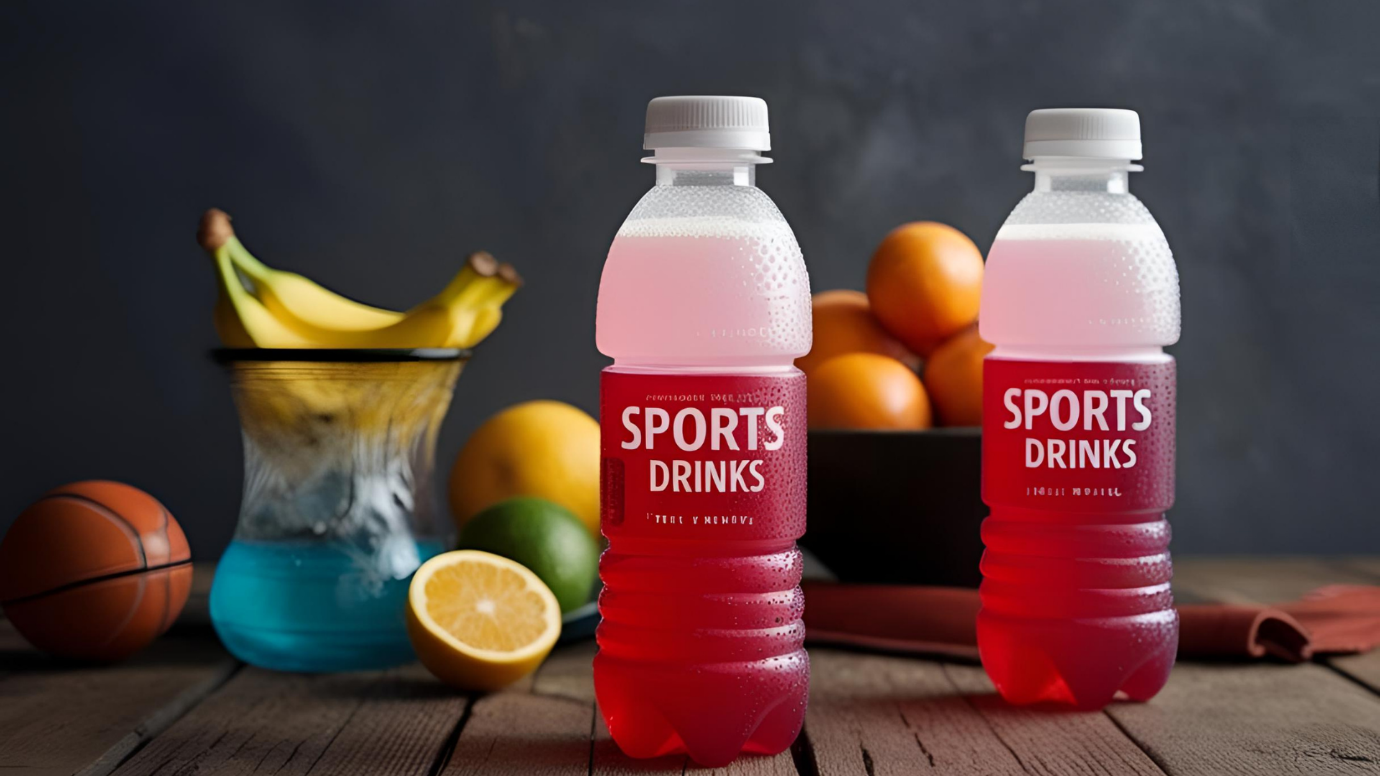
In exercises that last 1-2 hours and are moderately intense, you lose electrolytes. This affects performance and dehydration levels– both things which can be helped by drinking beverages with added electrolytes!
Best Choices:
- Electrolyte-Infused Water: Contains essential minerals without added sugars.
- Sports Drinks: Find brands that provide electrolytes and carbs to sustain energy; just make sure they’re low in sugar!
3. High-Intensity or Endurance Activities (e.g., Marathon Running, HIIT)
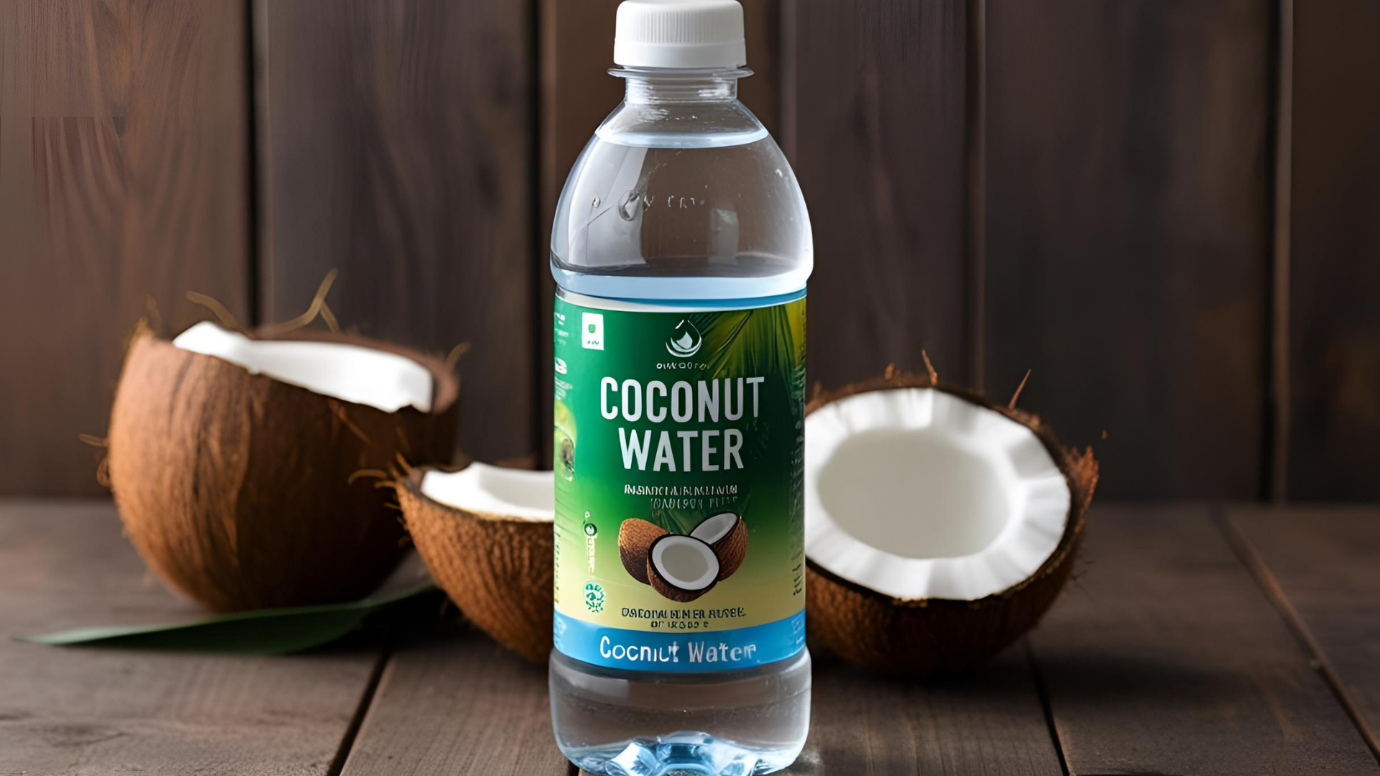
For workouts over two hours, you need extra electrolytes and carbs. It’s vital to stay hydrated so you have energy and don’t mess up your electrolytes!
Best Choices:
- Electrolyte Sports Drinks: Rich in sodium and potassium to replace substantial electrolyte losses.
- Coconut Water: A natural alternative rich in potassium and magnesium.
- Energy Gels with Fluids: Merge hydration with fast energy for longer endurance!
4. Post-Workout Recovery
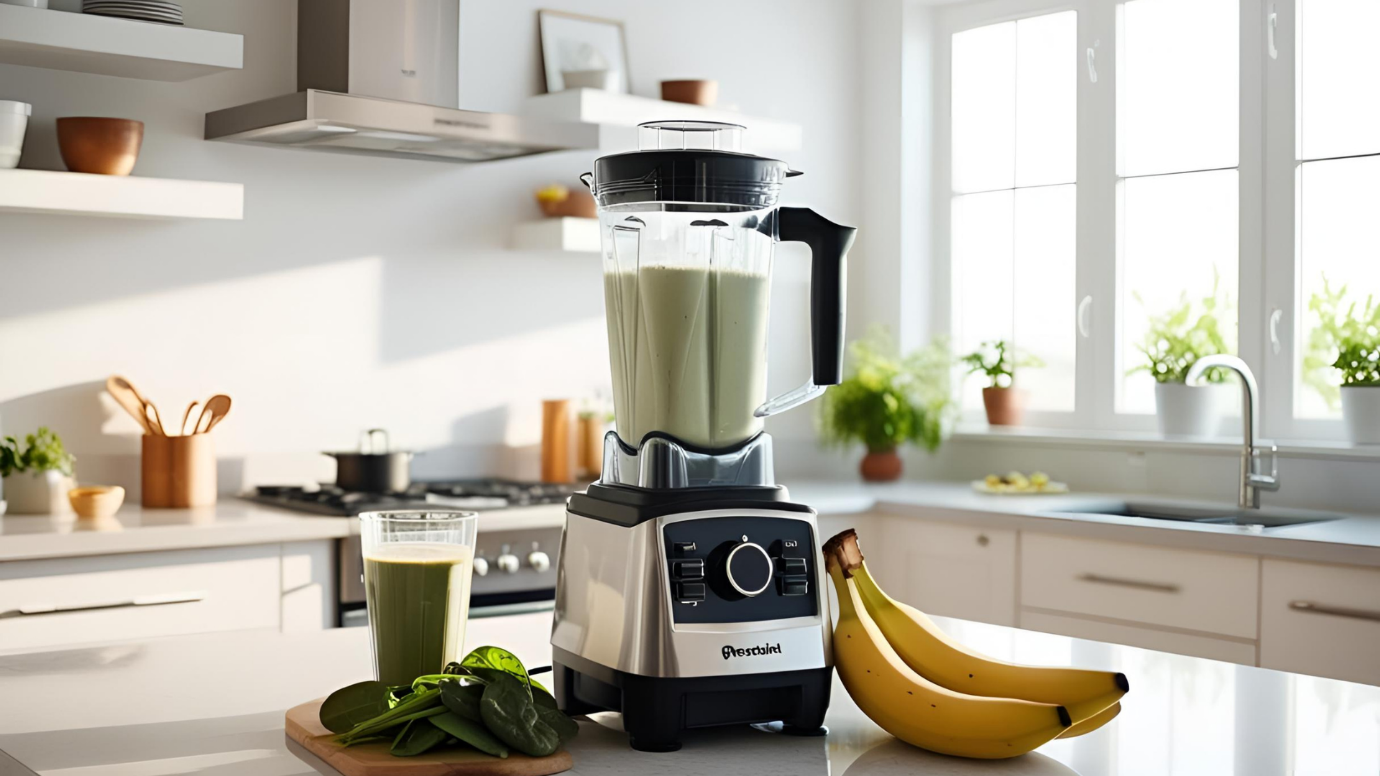
Hydration post-workout is essential to recover properly. It repairs muscles, reduces soreness by refilling fluids and electrolytes lost during exercise– so you’ll be ready for your next session!
Best Choices:
- Protein Shakes with Added Electrolytes: Support muscle repair while rehydrating.
- Recovery Drinks: Designed for recovery with fluid replacement & nutrients.
- Water with a pinch of salt and a splash of juice: Create your own electrolyte drink at home to restore your body’s balance the natural way.
Tips to Stay Hydrated
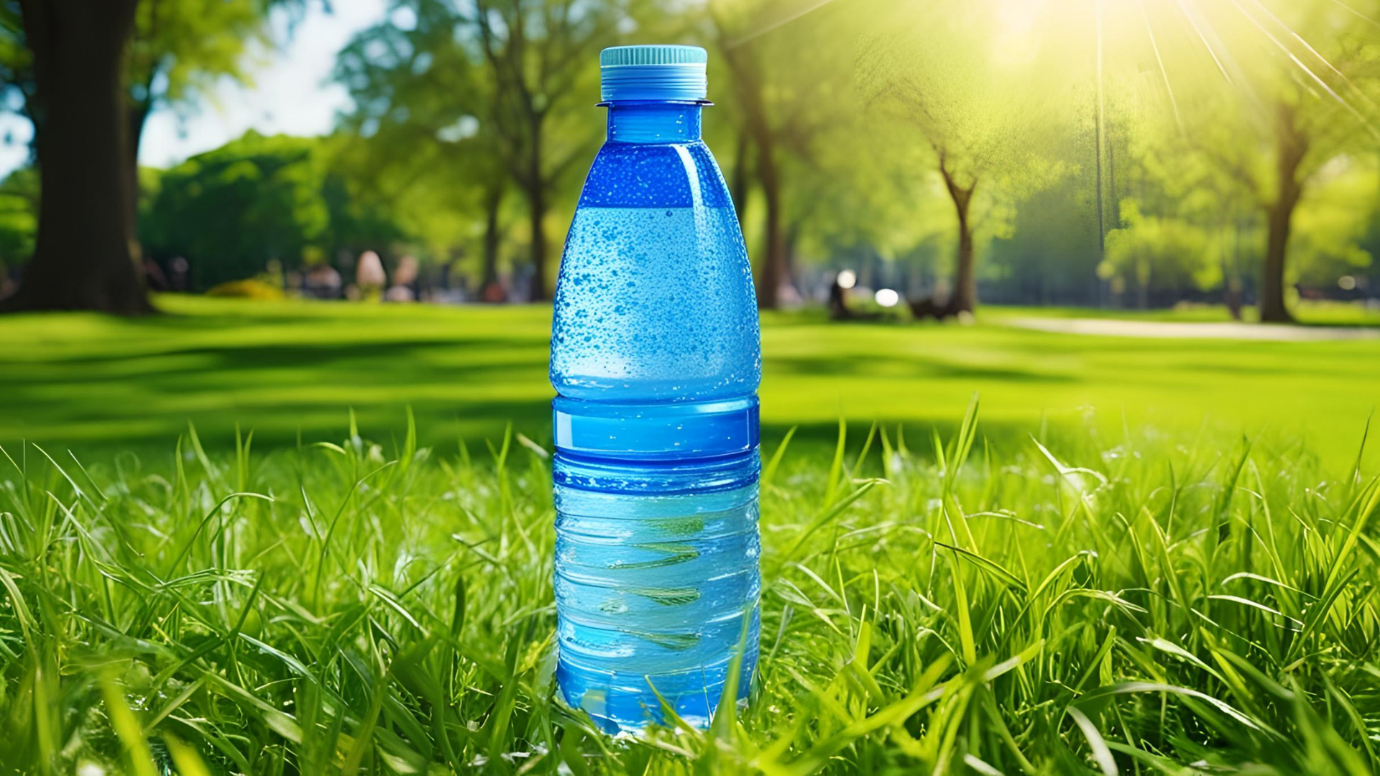
Here are some smart strategies to help you stay optimally hydrated with minimal effort:
1. Monitor Your Hydration Levels
To ensure one stays hydrated, there are several easy signs to check.
For instance, one may easily tell that his or her body is dehydrated when he or she passes very little urine and the little urine is deep yellow in color.
It is also possible to use applications or written records for ensuring that one consumes enough water.
2. Establish a Hydration Routine
Develop a routine of drinking water at intervals instead of holding out for thirst.
Begin each day with one glass of water, down a whole bottle before eating anything, and keep water nearby while you exercise— plus more for after.
By sipping steadily, you’ll stay hydrated without feeling as though you’re overdoing it all of a sudden.
3. Use the Right Equipment
Buy a high-quality water bottle for hydration on the go; you might even want one with an infuser.
If need be, there are bottles with sections for water and electrolyte drinks— so you can easily switch between the two during intense exercise.
4. Incorporate Hydrating Foods
Eating cucumbers, oranges, strawberries, and watermelons, among other foods rich in fluids, can help you remain hydrated.
In general, these are some hydrating fruits/vegetables which also give your body important vitamins and minerals!
5. Adjust for Environment and Climate
Hydrate according to weather. It’s obvious that when it is hot and wet, there is increased sweat evaporation which in turn means that one will require increased intake of fluids.
Nonetheless, cooler temperatures can trick you into believing that you do not have to take many drinks. Hydrate: Ensure to take a reasonable amount of fluid, irrespective of the weather.
6. Pre-Hydrate Before Exercise
Get ready for your exercises by taking in enough water: Consume some water prior to starting.
Consume 500 ml (17 oz) of it two hours before and an additional 200-300 ml (7-10 oz) 20 minutes before you start. It’s go time for your body!
7. Listen to Your Body
Hydration needs vary depending on an individual’s body weight, fitness level, and level of activity.
One should be able to tell when they are running out of water; in such cases, he/she is expected to take a glass of plain water to quench the thirst or prevent further problems associated with this condition.
Enhancing Hydration with Smart Choices
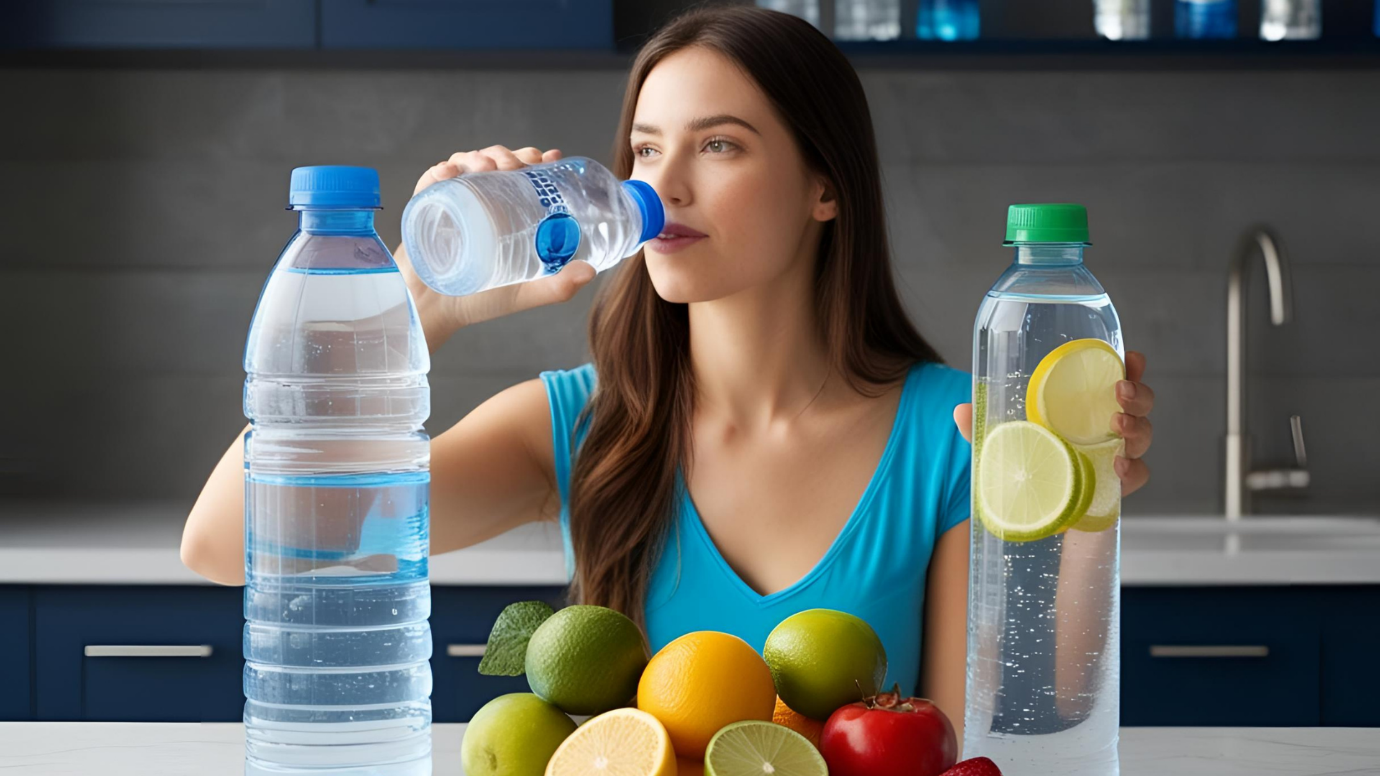
Don’t just drink– choose your fluids wisely for better hydration and performance. Here are some more tips to boost your fluid intake!
a. Balance Fluids and Electrolytes
Make sure you balance your fluid intake with electrolytes when you exercise hard for a long time. This stops you getting low sodium levels from drinking too much water.
b. Avoid Excessive Caffeine and Alcohol
Drinks with caffeine and alcohol might make you pee more, so you lose fluids. Having a bit is usually okay— but remember this when working out if you want to stay hydrated!
c. Customize Your Solution
Not all sports drinks are the same. Choose brands that fit your needs for electrolytes and carbs– or make a DIY version using ingredients such as honey, sea salt, and fruit juices!
d. Stay Consistent
Hydration is important everyday— and not only during workouts.
This is because taking enough fluids is important in maintaining good health, stable energy levels and also enhancing digestion process.
Drinking regularly helps your body work at its best; you’ll be ready for anything!
The Bottom Line
If you want to have a good diet for exercise, keep drinking!
Be sure to select appropriate beverages for different types of exercise, take into account their significance, and apply reasonable hydration techniques.
Keep hydrated, stay strong and get the most from your workouts— make every drop count!

